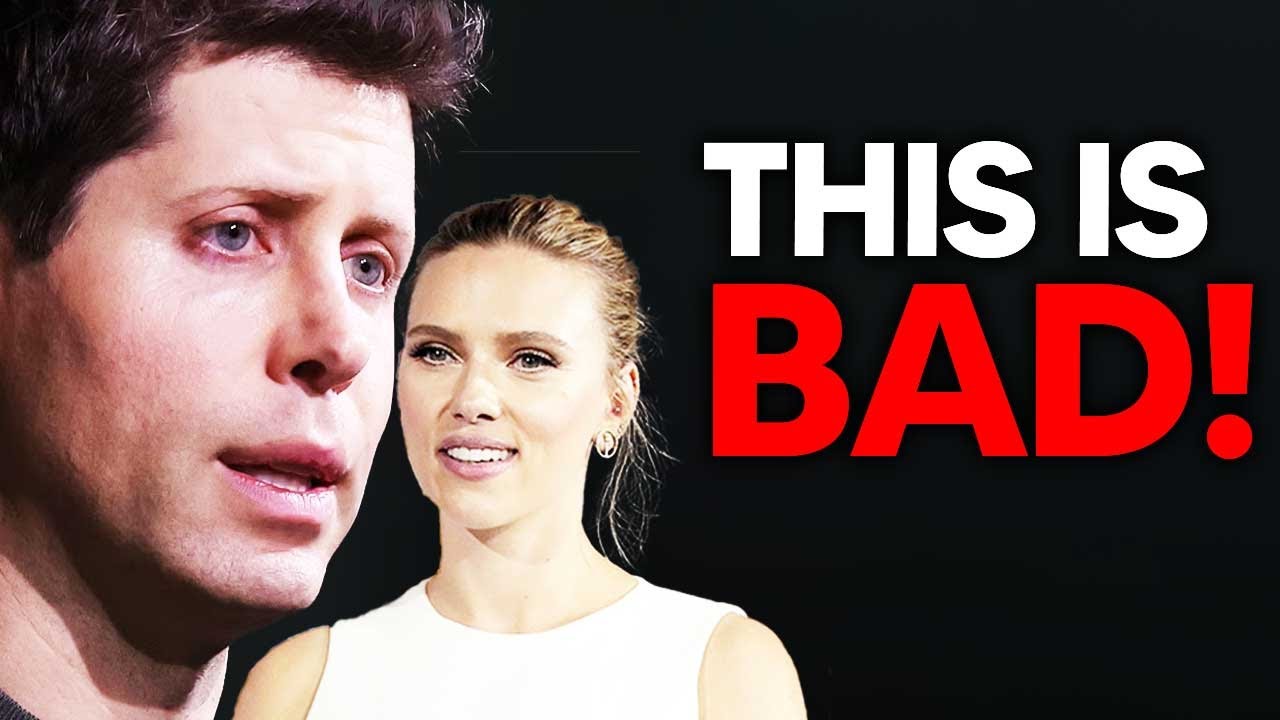Scarlett Johansson exposed OpenAI and Sam Altman for creating an AI voice model that sounded like her without her consent. This scandal has sparked public outrage, highlighting the importance of ethics and transparency in AI development.
OpenAI recently faced a scandal related to their GPT-4.0 release, which featured an AI voice model named Sky that sounded remarkably human. Many speculated that the voice resembled Scarlett Johansson due to similarities with a character she portrayed in the movie “Her”. Scarlett Johansson revealed that OpenAI’s Sam Altman had approached her last September to voice the chat system but she declined. Despite this, OpenAI proceeded to create a voice similar to Scarlett Johansson’s without her consent.
This controversy has led to public outrage and accusations of unethical behavior towards OpenAI and Sam Altman. Scarlett Johansson expressed shock and disbelief that her voice was cloned without permission, leading to legal action. The situation has damaged OpenAI’s reputation and raised concerns about the ethical implications of AI voice cloning.
The incident underscores the importance of transparency and ethics in AI development, especially as technology advances rapidly. Celebrities like Scarlett Johansson have significant influence, and their involvement in controversies can shape public perception and future regulations. The situation with OpenAI and Scarlett Johansson may lead to new laws governing voice cloning and data privacy.
Sam Altman issued a statement clarifying that Sky’s voice was not intended to resemble Scarlett Johansson’s and that they had cast a voice actor before contacting her out of respect. However, the lack of communication and transparency in OpenAI’s actions has raised questions about their integrity and decision-making processes. The incident serves as a cautionary tale about the potential risks and consequences of unchecked AI development.
